
UDK: 616.65-089.87
M. V. Berkut, S. A. Reva, A. S. Artemjeva, S. S. Tolmachev, S. B. Petrov, N. A. Schekuteev, D. H. Latipova, I. V. Gajvoronskij, V. S. Chirskij, A. K. Nosov
ФГБУ «НМИЦ онкологии имени Н. Н. Петрова», отделение онкоурологии и общей онкологии, патологоанатомическое отделение, научный отдел иновационных методов терапевтической онкологии и реабилитации; ПСПбГ медицинский университет им. И. П. Павлова, клиника уро
The role of pathological response (PR) which develops as a result of systemic therapy for localized and locally advanced prostate cancer (PCa) still not fully understood. There are no clear indications for neoadjuvant therapy (NT) and no data on the relationship between NT and median of overall or disease-free survival. Given the increased interest in neoadjuvant chemohormonal therapy (HCGT) followed by radical prostatectomy (RPE), we evaluated the incidence of drug development during NT therapy and effects on patients with prostate cancer at a high and very high risk group progression.
prostate cancer, radical prostatectomy, neoadjuvant therapy, chemotherapy, hormonal therapy, pathological response